Mental Health Treatment for Preteen and Teen Girls
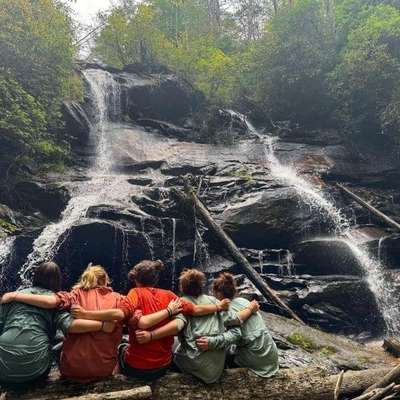
If you are worried about the path that your daughter is on and you are ready to find real help for your child, it might be time to stop considering a boot camp for girls and start considering a better alternative: Blue Ridge’s wilderness therapy for girls.
There are a variety of behaviors that might prompt parents to consider sending their daughters to treatment. Some examples of such behavioral issues might include: being defiant or disrespectful, substance use, school refusal or truancy issues, disruptive or aggressive behaviors toward family members or peers, self-harm, lack of motivation in school, anger management or trouble controlling emotions, or other risky behaviors.
Visit Our Boot Camp Alternatives for Girls and Young Women ages 12-28➔
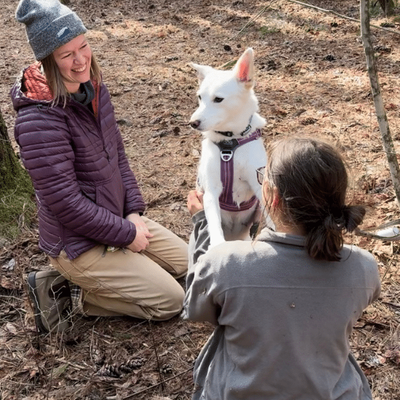
Blue Ridge Therapeutic Wilderness Is Not A Teen Girls Boot Camp
Blue Ridge is a great alternative treatment center for troubled teen girls who struggle with anxiety, depression, oppositional defiance, emotional disorders, low self-esteem, school refusal, rebellious behavior, and more.
Our wilderness therapy programs use evidence-based therapeutic activities in a unique wilderness environment specifically designed to promote positive changes and long-term healing in the lives of troubled teenagers and their families.
The compassionate and masters-level therapists on our team work to identify the underlying causes of each student's behavioral and emotional issues so that the changes can be understood and maintained over time.
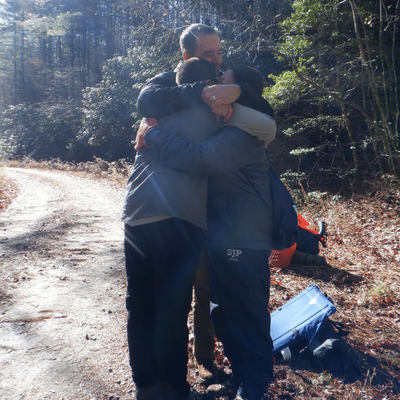
What's The Difference Between A Wilderness Therapy Program And A Teen Boot Camp?Individualized Treatment vs. "One-Size-Fits-All" Approach
In contrast to boot camps, Blue Ridge’s therapeutic wilderness programs for troubled girls prioritize individualized care for each participant. This entails a thorough assessment process to identify unique needs, culminating in the creation of personalized treatment plans.
At Blue Ridge, we actively involve both girls and their parents/families in crafting these plans. Drawing from a diverse array of therapeutic modalities, including individual and group therapy, nature-based activities, and experiential education, we tailor interventions to address the underlying factors contributing to each girl's behavioral challenges.
This individualized and holistic approach stands in stark contrast to the uniform methodologies employed by military-style boot camps, which may overlook the nuanced needs of individual participants in favor of a standardized approach.
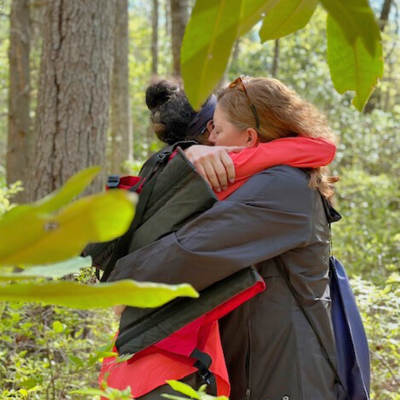
Holistic Approach vs. Symptoms-based Approach
Families seeking mental health support and therapeutic inpatient programming for their girls are often feeling lost, frustrated and even scared. We are here to help you decide whether our mental health treatment program is best for your daughter and family.
Wilderness therapy programs adopt a comprehensive approach to addressing behavioral and mental health challenges among troubled girls. By delving beyond surface behaviors, these programs tackle the root causes by addressing emotional and psychological factors. Participants not only learn to cultivate healthy coping mechanisms and life skills but also gain the tools to navigate their emotions and behaviors effectively beyond the program's duration.
Conversely, military-style boot camps often prioritize behavior modification through regimented discipline and structure. While effective in the short term, they may overlook the deeper underlying conditions contributing to problematic behaviors, resulting in limited long-term success.
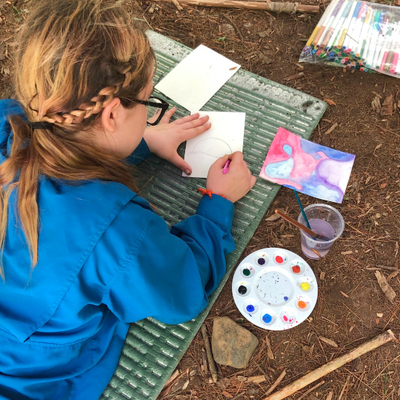
Sustainable Transformation versus Temporary Discipline
In wilderness therapy programs, paramount importance is placed on creating a secure and nurturing environment. Led by seasoned wilderness staff and empathetic mental health professionals, these programs prioritize the well-being of participants and take proactive measures to ensure their safety.
Conversely, military boot camps have faced criticism for their rigid and punitive disciplinary methods. Such approaches have been known to exacerbate existing issues and may subject participants to physical and emotional distress, potentially exacerbating trauma.
Wilderness therapy programs are meticulously crafted to instill enduring change that extends far beyond the program's conclusion. Participants are equipped with the necessary tools and skills to autonomously regulate their behavior and emotions over the long term, fostering sustainable behavioral improvements and enriched interpersonal connections with loved ones.
In contrast, military-style boot camps often offer fleeting discipline, lacking in-depth provisions for long-term behavioral management. While they may address immediate concerns, they typically fail to empower participants with the essential coping mechanisms needed for sustained growth. Consequently, boot camps merely serve as a temporary fix, failing to cultivate the profound self-discovery essential for lasting change.
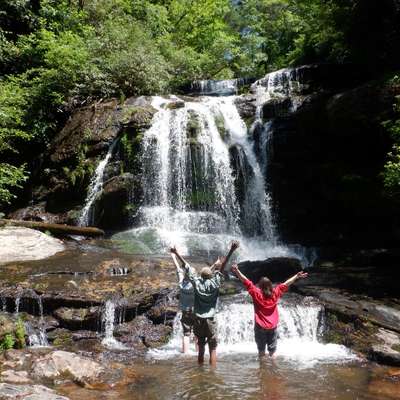
Fostering Self-Reflection versus Perpetuating Self-Blame
Wilderness therapy programs promote a culture of introspection and self-discovery, empowering participants to delve into the root causes of their behavior. Through guided reflection, students gain invaluable insights into their emotions and actions, laying the groundwork for healthy self-expression and personal growth. This nurturing environment cultivates a sense of identity and self-worth, fostering pride and resilience.
In stark contrast, boot camps often foster an environment of shame and blame, exacerbating feelings of inadequacy among participants. Additionally, the regimented structure of boot camps leaves little room for meaningful self-exploration, hindering the development of authentic self-awareness and hindering long-term progress.
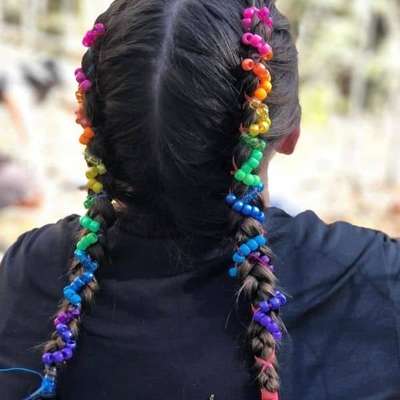
Fosters Community Support versus Individual Isolation
Wilderness therapy programs prioritize the establishment of a nurturing community that fosters mutual support among participants. At Blue Ridge, we facilitate this by organizing students into peer groups based on age and gender, cultivating positive group dynamics. Research shows that this approach enhances our students' ability to forge healthy relationships, improve communication, leadership, and teamwork skills.
Conversely, boot camp facilities often adopt a punitive stance, focusing solely on individual behavior modification under strict authority figures. This approach may neglect the cultivation of positive group dynamics, leading to feelings of isolation and hindering holistic development.
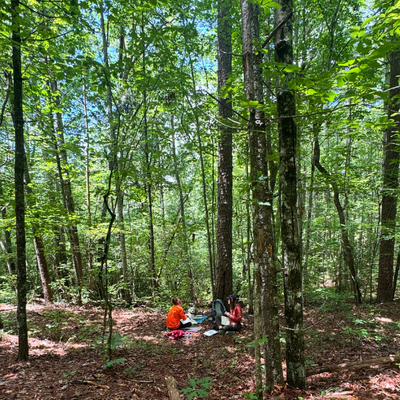
Focus on Life Skills versus Limited Skill Development
Wilderness camps for troubled girls place a significant emphasis on equipping participants with practical life skills, including communication and problem-solving. By honing these essential skills, participants are empowered to effectively manage their emotions and behavior in the long term.
In contrast, troubled teen boot camps predominantly concentrate on penalizing "bad behaviors," offering limited opportunities for comprehensive skill development. Consequently, participants may not acquire the necessary life skills to navigate challenges beyond the program's confines.

Embracing Nature's Healing Power versus Neglecting Natural Environments
Wilderness therapy programs acknowledge the profound therapeutic benefits of nature, blending traditional therapy with immersive natural settings. By immersing participants in nature, these programs effectively remove them from negative influences and distractions found in their home environments. Encouraging students to reconnect with nature has been scientifically proven to positively impact mental health and overall well-being.
In contrast, boot camps for troubled teenagers often overlook the importance of nature, placing little emphasis on connecting with the natural world.
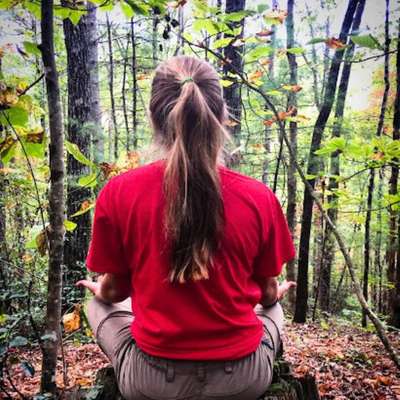
Tailored Aftercare Planning versus Limited Post-Program Support
Wilderness therapy programs prioritize personalized aftercare planning tailored to the unique needs of each participant. This ensures that individuals receive the necessary support upon program completion.
At Blue Ridge Therapeutic Wilderness, we place a strong emphasis on facilitating smooth transitions and parallel family programming to prepare both students and their families for a successful post-program transition. Additionally, we offer ongoing Alumni Support Services to provide continuous support.
On the other hand, boot camps for troubled teens may fall short in providing adequate post-program support, potentially hindering a successful transition back home.
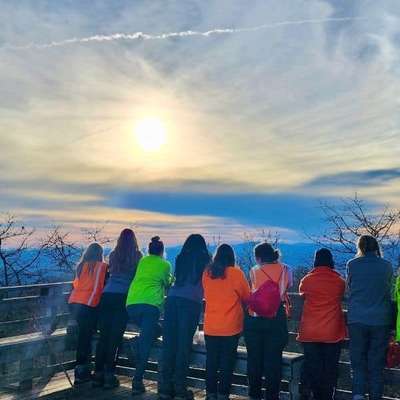
Blue Ridge Offers Both Family Support And Integrated Academics For Your Daughter
Why Opt for Our Wilderness Camp for Troubled Girls?
Blue Ridge Therapeutic Wilderness stands as a distinguished leader in wilderness therapy programs, having consistently delivered transformative experiences to hundreds of teens and their families. Through our evidence-based therapeutic approach and integrated academic curriculum, we have facilitated lasting success and happiness for our participants. Our year-round programming caters to preteens and teens aged 12-18, offering a swift path to progress.
Here are the compelling reasons why parents entrust their struggling daughters to us:
1. Family Programming: Our program integrates family involvement, aligning the student’s progress and treatment with family therapy sessions held regularly.
2. Smooth Transitions: We meticulously orchestrate every aspect of our programming to ensure enduring success beyond a student's graduation. Smooth transitions are facilitated to reinforce therapeutic lessons across various settings.
3. Accredited Academics: Through our accredited academic programming, students have access to both core and elective middle and high school credits. We foster diverse learning experiences, blending hands-on activities with traditional classroom settings. All credits seamlessly transfer to facilitate a smooth transition post-program.
4. Life Skills Development: Throughout their journey at our camp for troubled teens, students undergo significant personal growth and acquire practical life skills. They learn the essence of teamwork, leadership, responsibility, and self-awareness.
Our program is dedicated to assisting teens in navigating behavioral or emotional challenges, fostering trustful relationships with family and peers, and achieving academic milestones.
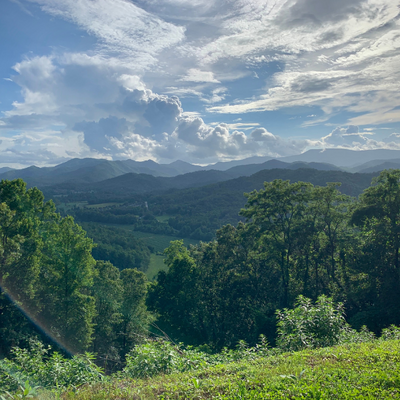
Shifting the Locus of Control through Wilderness Therapy at Blue Ridge Therapeutic Wilderness:
Locus of control defines an individual’s perception of the factors influencing rewards and punishments. While an internal locus of control attributes outcomes to personal actions, an external locus of control assigns them to external forces such as authority figures.
Many of the adolescents we work with harbor a skewed sense of control, attributing events solely to external factors, thereby evading accountability and demotivating positive action. This mindset, prevalent among participants in traditional boot camps, perpetuates a misplaced sense of control.
In stark contrast, at Blue Ridge wilderness therapy for girls, we endeavor to empower students to recognize their role in shaping outcomes and cultivate healthier habits and coping mechanisms. Fostering perceived self-efficacy facilitates diverse behavioral changes, setting the stage for lasting transformation.
At Blue Ridge, we are deeply committed to crafting unparalleled wilderness therapy programs that empower both students and families. We firmly believe that enduring change requires a deliberate and compassionate approach, distinct from the rigid methodologies of traditional boot camps.

We are here to help.
Blue Ridge Therapeutic Wilderness’s wilderness camp for troubled girls serves as a beacon of hope for adolescents grappling with defiance, depression, anxiety, and various behavioral and emotional obstacles. Our team of seasoned mental health professionals employs evidence-based, trauma-informed practices tailored to address a spectrum of behavioral issues and challenges.
